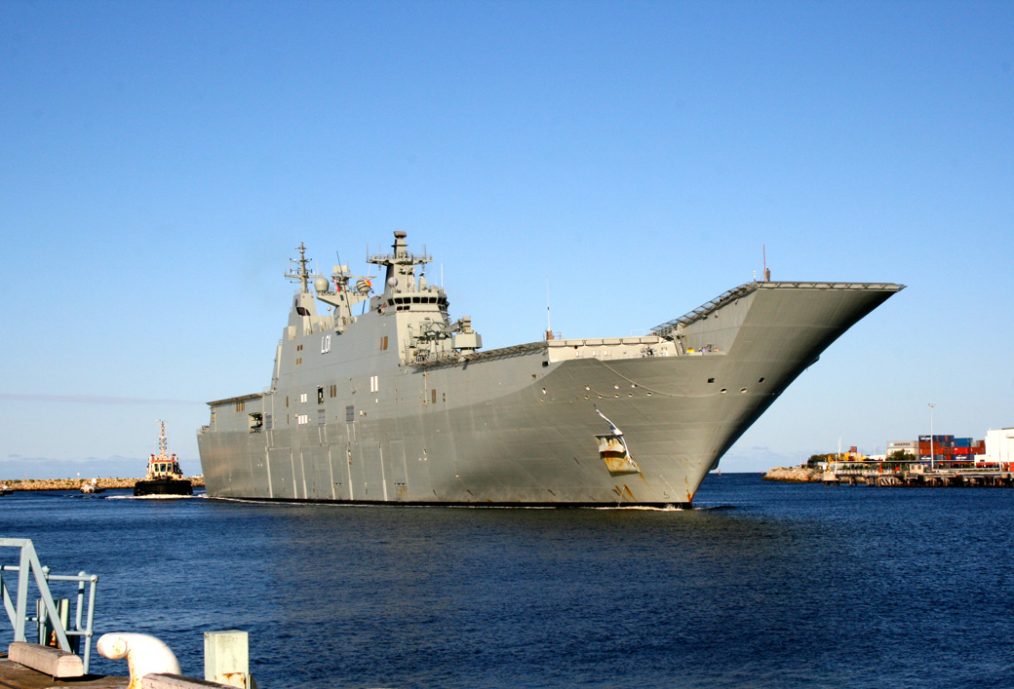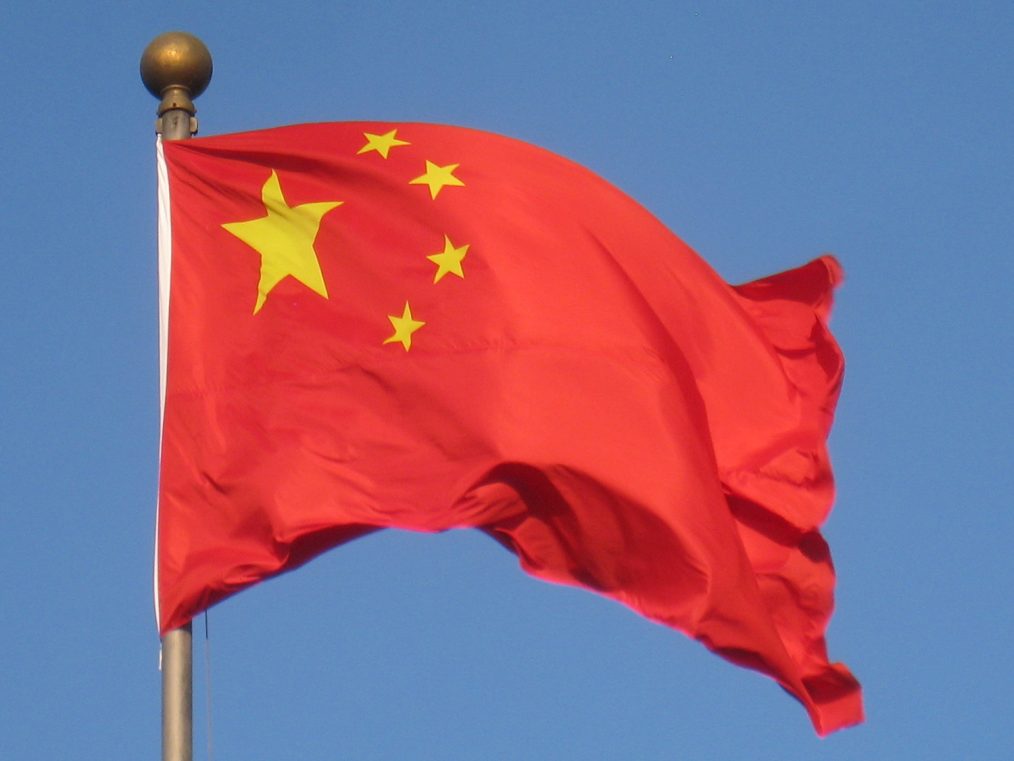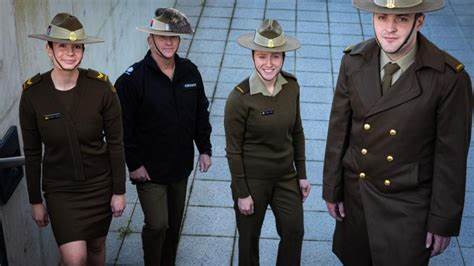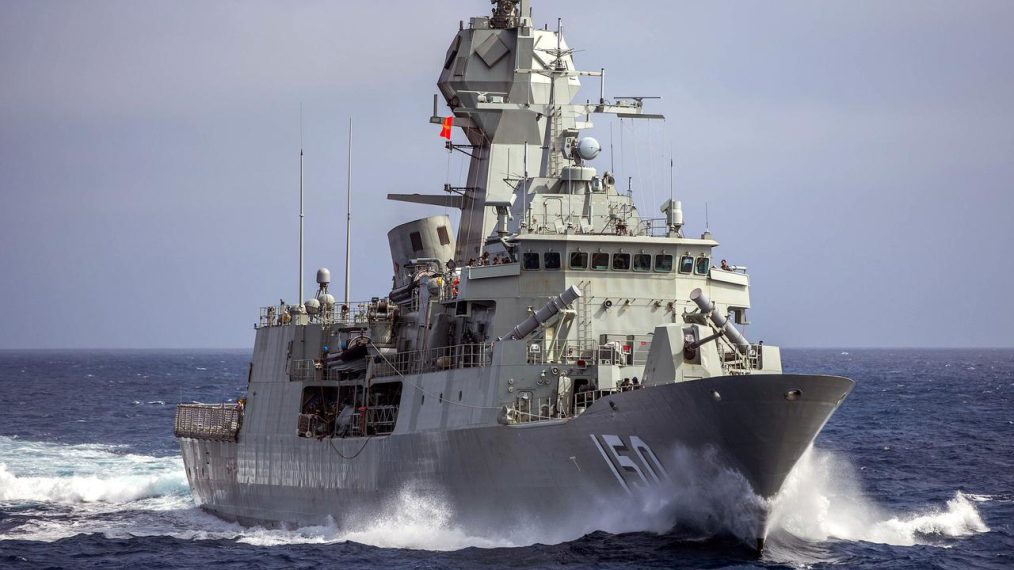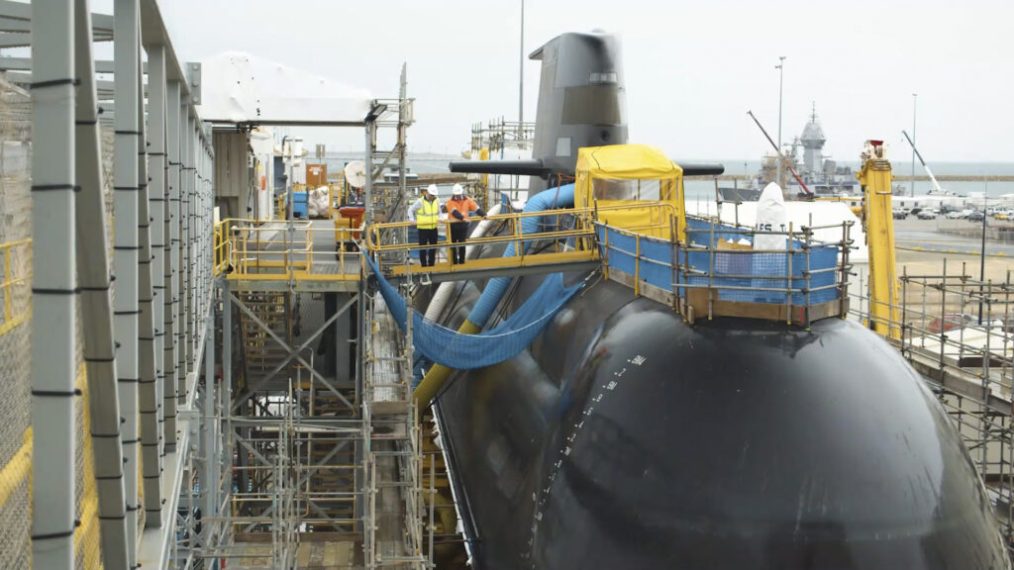Good morning Ray,
Once again, thank you for your very informative ‘Frontline’ articles. Regarding the article about Members of Parliament seeking and accepting free gifts, I have written to several members of parliament on this topic. I shall enclose a copy of my letter to you.
John W. CLARKSON,
19 Baroon Place,
NARANGBA QLD 4504
(Mobile) 0427 570 723
E-mail: johnwc@bigpond.net.au
Tuesday 5th November 2024.
To: Ministers and Shadow Ministers of Parliament.
The Dangers for Ministers and Shadow Ministers Accepting Perks and Gifts.
Ladies and Gentlemen of Parliament:
Events of recent history have highlighted some of the dangers of Ministers accepting flight upgrades and other gifts from large companies and other institutions. The Prime Minister and a few other Ministers have acknowledged that they actually asked the airline for an upgrade in their flights. Other cases include all sorts of gifts and free entry into events, vouchers for expensive dinners and numerous other perks. Whilst the Prime Minister’s recent case has held the headlines in recent times, this practice has been used for many decades by both sides of Parliament.
My father, Aubrey (Chippy) Clarkson, was employed by the Queensland State Government for some forty years prior to his death at the young age of 58 years. For 25 of those years, he was an Industrial Inspector for the Department of Labour and Industry, eventually holding the position of Deputy Industrial Registrar for the State.
For his entire career in this position, there were literally numerous times when he was offered all sorts of gifts and entry into numerous events from a variety of businesses and even retail outlets. Throughout his career, Aubrey (Chippy) did not accept one of those offers. At one occasion, when a small business owner wanted to give Chippy a voucher for a dinner for two at a high quality restaurant, Chippy politely told this fellow that he could not accept this gift as he did not wish to spoil a quality friendship. Also, he told the fellow that if he were to accept this gift, the entire Union movement would justifiably descend upon him like a ton of bricks. (It is worth noting that his friendship with this fellow continued for many decades). Yes, there were many occasions when Chippy was offered a gift of some sort, and each time, he would politely decline the offer.
Then at his funeral, at which there were literally hundreds of people attending, after the service, as people were filing past my mother offering their condolences, this fellow came to her and said, “Yes, Chippy was the only inspector who was truly squeaky clean.” My mother replied, “It’s a pity you couldn’t have told him that when he was alive”. This fellow replied, “No, the Union would never have allowed me to say that”, and then he left us. During my own career, I always tried to follow my father’s footsteps, by not accepting ‘freebies’. During my time as a Qantas employee, yes, I went on a number of flights using my ‘Staff Travel’ privileges, paying the ‘staff travel’ price. I’m still not sure what my father would have said about that privilege, but I thought they were always legitimate and above board.
So, I say to you, this practice of accepting and actually requesting free gifts is completely not acceptable. In my view, as soon as you accept the first gift, or ‘freebie’, you are compromised. Another rival party or business is at liberty to say to you, “You accepted his gift yet you declined to accept ours”. So, I give you a challenge; the next time you are offered a gift, or you see the temptation to seek a free gift, just politely decline, just as my father ‘Chippy’ did.
Kind Regards,
John Clarkson.


